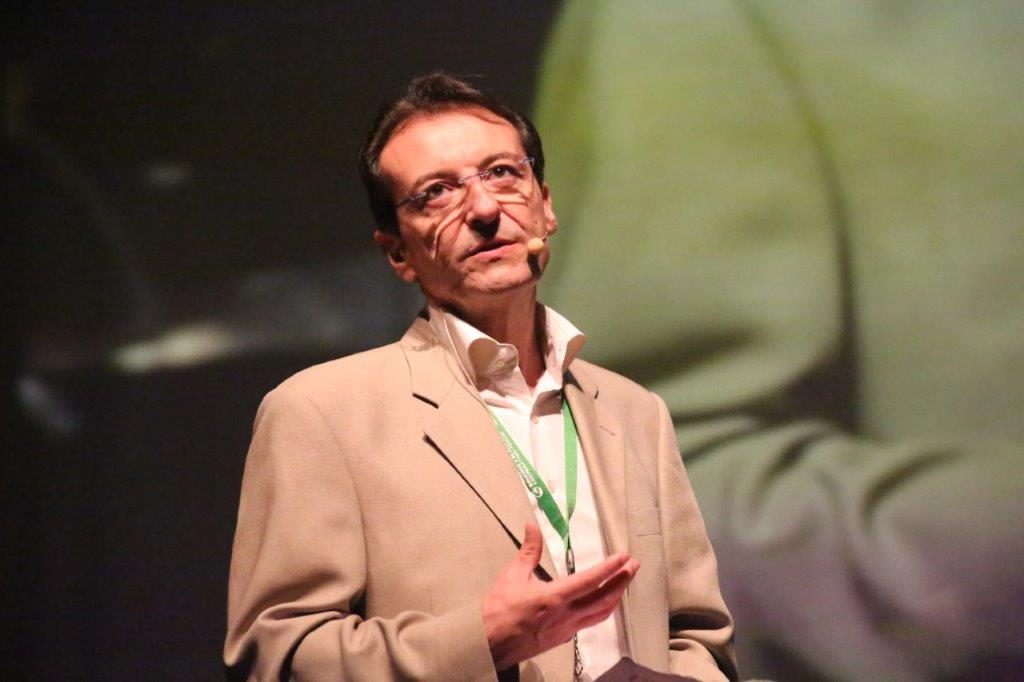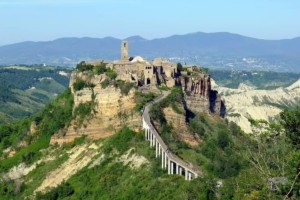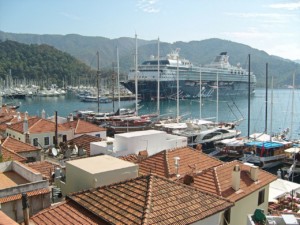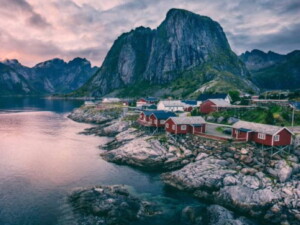Are “all-inclusive” tourism packages to blame for locals missing out?

In many cases these models led to the “all-inclusive” phenomenon, which meant local communities reaped little or no tourism revenue yet bore the brunt of the negative impacts of mass tourism.
Balakakis said that alternatives to mass tourism, such as models emphasising cultural heritage packages “with several destinations included”, is an alternative direction tourism should be headed.
Tourism was the focus of the last day of the inaugural Balkans & Black Sea Cooperation Forum (BBSF), which concluded in northeast Greeck city of Serres last Friday.
Most speakers reportedly “echoed” the UN’s declaration of 2017 as the International Year of Sustainable Tourism.
Balakakis’ GRCI organised the BBSF.
GRCI is “a nonprofit & nongovernmental cultural organisation” which puts together “experiential journeys and events held under the auspices of the Hellenic National Commission for UNESCO” and endeavours to highlight cultural heritage and intercultural dialogue and contribute to the development of “local societies through corporate social responsibility programs”.
The BBSF seeks to be an annual conference “highlighting cross-border cooperation, enhancing bilateral and multilateral relations, strengthening business opportunities and promoting economic growth and sustainable development among the 17 States of the Balkan and Black Sea Region”.
The 17 states of the region are Albania, Armenia, Azerbaijan, Bosnia/Herzegovina, Bulgaria, Croatia, FYROM (Macedonia), Georgia, Greece, Moldova, Montenegro, Romania, Russian Federation, Serbia, Slovenia, Turkey, and Ukraine.
Sources: Tornos News & GRCI.
Related posts





